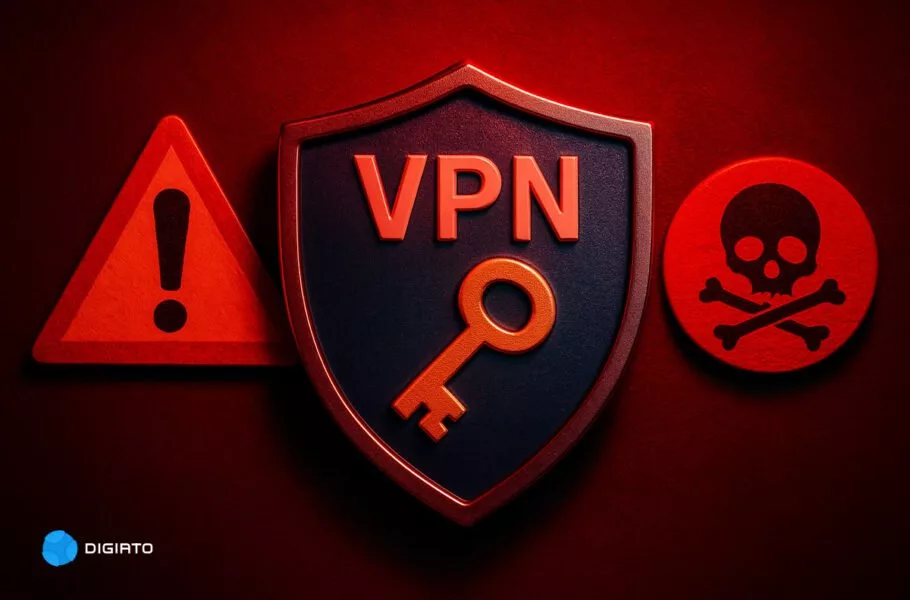Recent remarks by the Vice President and reports from international media have reignited concerns long voiced by experts: the security risks posed by VPNs. Citing intelligence agency findings, the official revealed that VPNs have been implicated as tools for espionage and breaches within the country. These warnings gained urgency following unverified reports suggesting that Israeli operatives exploited vulnerabilities in VPN-enabled devices during a cyberattack targeting a high-level National Security Council meeting. Allegedly, the attackers hacked phones belonging to security personnel using installed VPNs. If true, this represents a glaring and immediate threat - one that jeopardizes senior officials not in some distant future, but today.
For years, experts have highlighted the dangers of VPNs: from turning Iranian users' phones into "zombies" for cyberattacks against domestic and international infrastructure, to noticeably slowing internet speeds and exposing children to inappropriate content online. Technically speaking, critics argue that the policy of internet censorship itself has incentivized widespread VPN usage, undermining its intended purpose while destabilizing cybersecurity and digital order. Yet these arguments often fail to resonate with policymakers due to their abstract nature.
However, the situation appears to have shifted. When espionage enabled by VPNs targets the nation’s most sensitive institutions, serious questions arise: Are proponents of internet filtering willing to take responsibility for perpetuating these security risks? Is it time to abandon ineffective censorship policies in favor of creating a legal and secure framework for unrestricted internet access? Doing so could eliminate VPNs as tools for national threats.
Iran finds itself at a critical juncture. With VPNs facilitating breaches in national defense layers, both cyberattacks on infrastructure and physical threats to key officials become increasingly plausible. Maintaining the status quo means ignoring an obvious danger - a danger already manifesting before our eyes.











